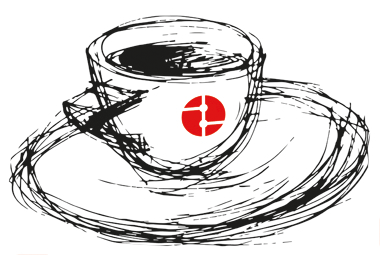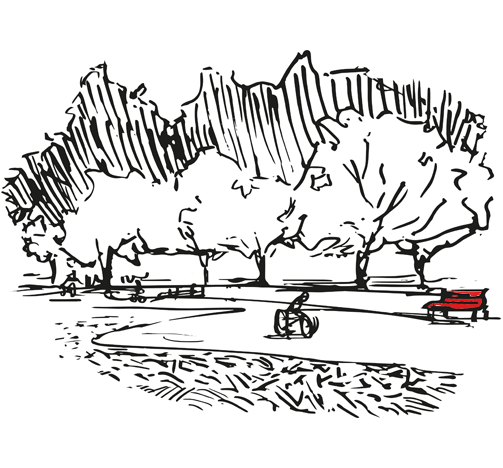
#IOTDAY 2024
IoTDay and is an open invitation to the Internet of Things Community to set up an event, a lunch, a talk with the neighborhood on what #IoT is and what it means in everyday life for all of us. IoTDay started in 2010 organised by the IoT Council.
IoTDay is an opportunity for the #IOT Community to show that it cares for people, for the environment, for animals … and for machines as well.
Participate!
No matter where you are in the world, you can participate on IoTDay!
Organize a meeting, workshop, panel, follow an activity online, participate in a real live event, have a coffee and talk about iot, …
Examples
IoTDay Woman with Sudha Jamthe and Roxy Stimpson
#IoTDay — What Does it Really Mean for Your Business?
IBM Why celebrate World IoT Day? We can start with Industry 4.0


theme 2024:
AI/IOT FOR GOOD
The Internet of Things is a complex term. Unlike its predecessors Ambient Intelligence, Pervasive Computing, Ubicomp, or Things that Think, it does not disappear but keeps revitalising itself every year. It has referred mainly to networks, infrastructure, sensors and gateways to the Edge and the Cloud, security and intranets and the internet, and it has always kept a single thread throughout all the transitions. That thread is data. IoT is about turning data into actionable information. The actionable part is possible because of two developments: DLT to provide accurate and traceable data and AI that through Machine and Deep Learning is now able to give insights that humans can very rarely give because it makes correlations between data sets that have never er been made. Decision making on the basis of accurate and insightful data and information, what more can we as humans desire? Of course we know that data from sensors and ledgers is not ‘the’ truth but it is a close to have an as unbiased as possible layers for decision making. That in itself is a reason to call IoT doing good in the sense of being part of the solution, not the problem. But more important are the long term goals that we are setting to point the direction in which we want to go. These can be sustainability, mitigating climate change, tackling inequality and creating transparency in decision making.
